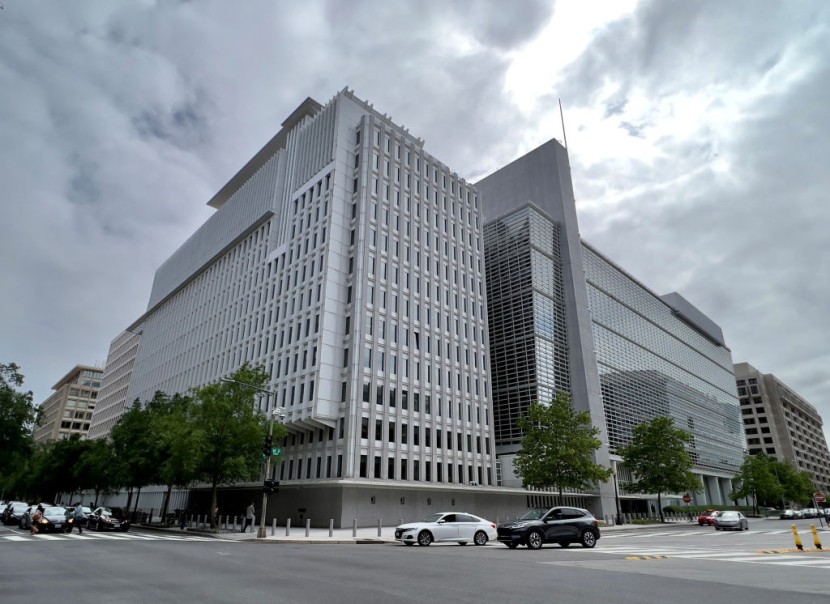
The World Bank warned that recession looms over countries worldwide as the Ukraine war takes its toll on economies already hurt by the COVID-19 pandemic, according to its latest economic forecast released on Tuesday.
The world's premier international credit institution says global economic growth is expected to slow down before the end of the year, and most countries should begin preparing for a recession.
World Bank president David Malpass stated in the report: "For many countries, recession will be hard to avoid."
According to the report, global growth is anticipated to decline from 5.7 percent in 2021 to 2.9% this year. Last January, the World Bank, which functions as an international lending institution for developing nations, predicted a 4.1% growth for 2022.
The World Bank report stated that the global economy had already been weakened by the COVID-19 pandemic's aftermath, which shattered worldwide supply chains and impeded income development and poverty reduction efforts in underdeveloped countries, per Yahoo! Finance.
War in Ukraine Severely Hurts the Global Economy
This caused the credit institution to forecast slower but steady global growth beginning in 2022, but after the onset of the Ukrainian conflict, the organization was compelled to drastically reduce its forecasts to adjust for skyrocketing food and fuel costs as well as crippled international trade networks.
"Just over two years after COVID-19 caused the deepest global recession since World War II, the world economy is again in danger," Malpass noted.
In the United States, Russia's invasion of Ukraine and a sharp spike in prices have prompted the Federal Reserve to undertake an aggressive interest rate raise approach to combat inflation, but investors are becoming increasingly wary. If interest rates go up too high, as many experts predict is likely, the economy could slump and enter a recession.
Countries Affected by Conflict Are at Risk of Famine, Malnutrition
The international financial institution also raised concerns about the food price crisis, per a DevEx story. Malpass said that there is "a severe risk of malnutrition and deepening hunger and even of famine in some areas, especially rural areas that are affected by conflict."
He also noted a sudden disruption in grain supplies from the Black Sea brought by the Russia-Ukraine war.
The World Bank encourages prompt action, from debt relief to countries not restricting food exports. They want authorities to indicate that they are working together to secure food and energy supplies, stabilize volatile markets, and alleviate price increases.
The institution also warns that if leaders stop working, the world may face an even longer and more terrible catastrophe.
The report cautioned that the sharp interest rate hikes needed to manage inflation at the end of the 1970s triggered a global recession in 1982, as well as a spate of financial crises in a rising market and developing nations.
In the 1970s, however, the dollar was weaker, and oil was more expensive.
Ayhan Kose, director of the World Bank's Prospects Group, said that "there is not much governments can do easily" to combat soaring energy prices, as per a report from BBC.
He suggested that governments should avoid implementing "export bans," "subsidies," and "price controls."
"Those types of interventions distort prices and they translate into even higher prices," he said.
Related Article : Russia Allegedly Steals Ukraine Grains To Use for Profit and Blackmail Scheme Against West To Lift Sanctions








